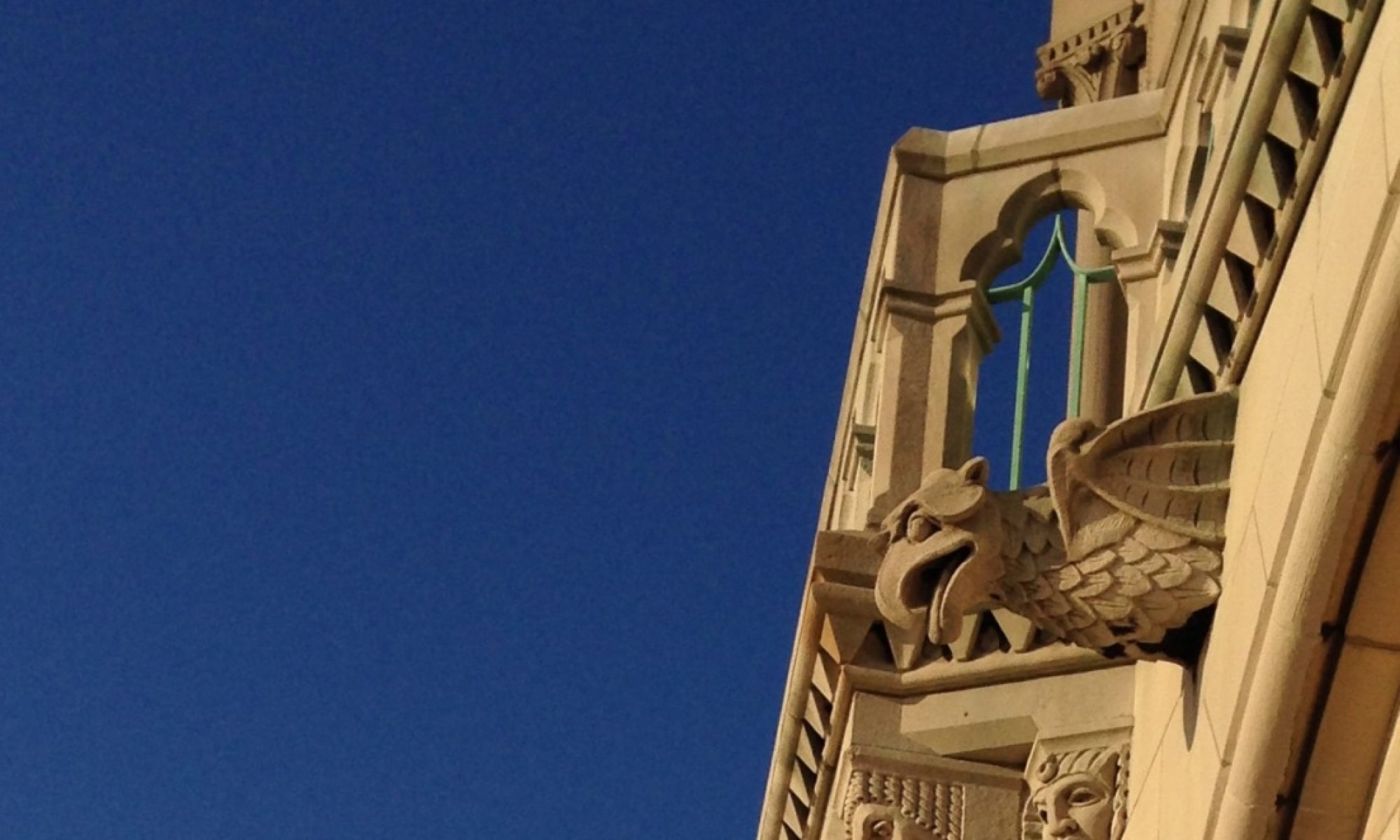Will it link to Facebook as well?
Testing Twitter 1,2,3
Is this thing turned on?
SAE, Yik Yak, and the new issues of speech on campus
The civil rights struggle is nowhere near its goal. At least that’s my take on what’s going on at Oklahoma University as it bans SAE from campus (“as far as I’m concerned, they won’t be back,” President David Boren was quoted as saying). But banning a single fraternity won’t really address the problem, either at OU or anywhere else in the country.
The video of fraternity brothers and their guests, all in elegant attire aboard a chartered bus and destined to a celebration, reveals young people using the “n word” and casually referring to lynching as they declare and revel in the otherness of African Americans. Indeed, there are no faces of color in the short clip, which may indeed be why some on the bus felt comfortable enough to reveal their prejudices. But that comfort is surely gone now that the video has gone viral, two students have been expelled, and public outrage rises. In the same week that saw thousands of people gathered to mark the 50th anniversary of Bloody Sunday in Selma, these students remind us that the struggle is far from over.
Addressing these students’ behavior is certainly important. But taking proactive steps to prevent such incidents is even more important. As Michael Twitty, scholar of foodways and race, so eloquently puts it, “I want to heal the cancer not blast the lesion.” As long as teachers, professors, administrators, and generally everyone pretends that we have settled the matter of race in our society, videos like the SAE clip and incidents like the racist parties the movie Dear White People lampoons will continue.
Some faculty and many students have discovered the harm that can come from social media, as students take to Yik Yak to post anonymous comments, in one case notably ignoring a lecture to post “yaks” about the professors leading the class. Comments on the app range from racist to sexist to threatening and show how cruel their fellow community members could be when they can hide behind anonymity.
So what is the answer? More dialogue, not less. More exposure to history and current events. A requirement that the students on that bus write a detailed paper about the images found in Without Sanctuary, an interactive website centered around a collection of lynching postcards and images James Allen spent years tracking down. Perhaps then they’d be able to see why decent and honorable people do not joke about hanging anyone from a tree. Better yet, start a dialogue in our classrooms and residence halls and dining halls now about how words hurt. Encourage students to imagine themselves as members of a different ethnic group, sexual orientation, gender, or even as professors teaching a class. Developing empathy is a long-term process, and we must start now.
